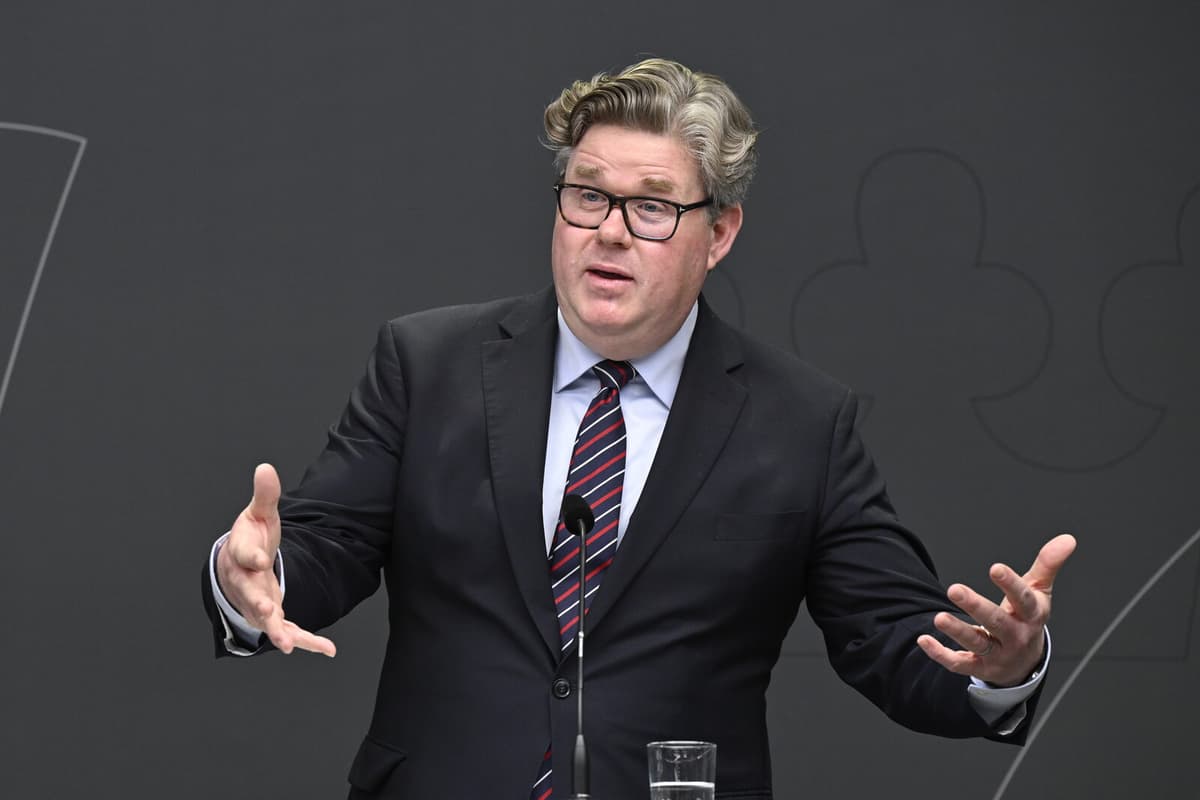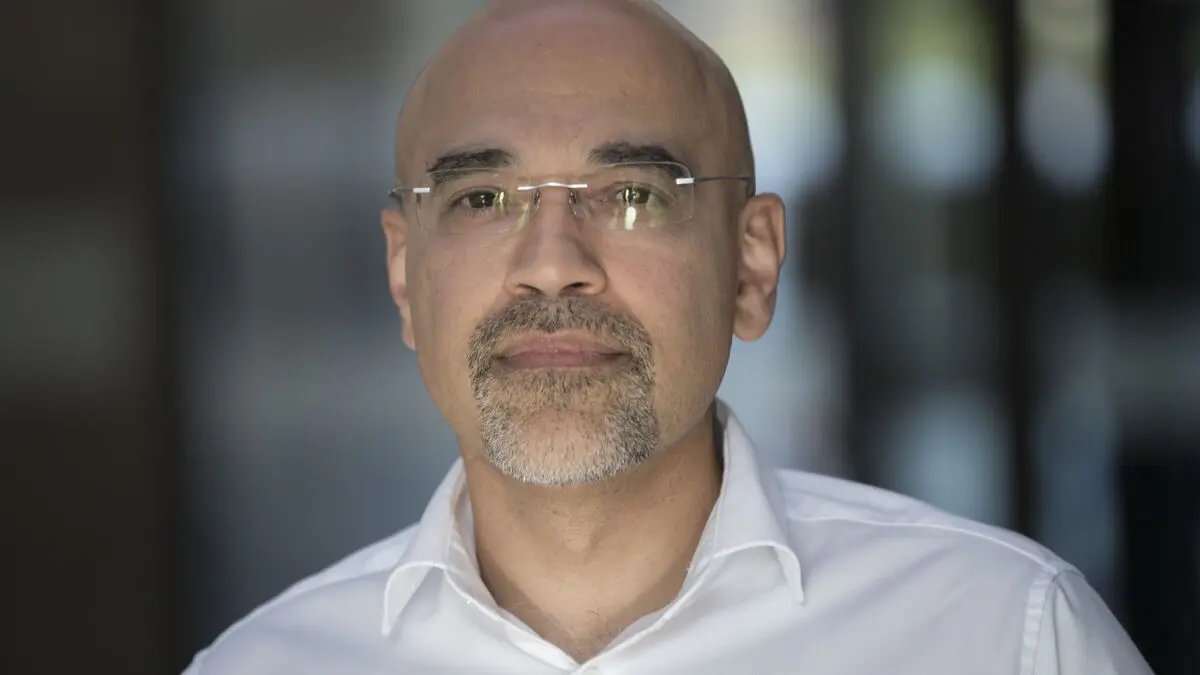The committee, where all parties are included, presents its proposals today to increase transparency in party financing.
The most controversial proposal primarily concerns the Social Democrats, who receive contributions from the Swedish Trade Union Confederation (LO).
The government has commissioned such a proposal despite lacking majority support in the committee. This means that an individual who is a union member will have the opportunity to provide a statement to the auditor in the organization that the membership fee may not be used for contributions to political parties or nominees.
Majority Against
The proposal is designed to avoid changes to the Constitution, but the committee is unsure whether it violates freedom of association.
A majority consisting of the Social Democrats, the Left Party, the Green Party, and the Centre Party, along with the committee's non-partisan chairman Mats Melin, are against the proposal.
The compatibility of such regulation with freedom of association can be questioned, says Melin.
The question is whether the government will still choose to proceed with the legislative proposal, despite the disagreement. Unlike in the committee, the governing parties have a majority in the Riksdag.
We will await the opinions of the referral bodies before giving a clear answer on how we handle the issue, says Minister of Justice Gunnar Strömmer (The Moderate Party).
According to him, the proposal does not formally conflict with Swedish law, even though it concerns freedom of association.
"Break Apart"
The Social Democrats are critical.
I am concerned about the way the government is using its legislative power. It's about trying to find ways to break apart the financing of the opposition, says the Social Democrats' group leader in the Riksdag Lena Hallengren, who has sat on the committee.
The committee also presents other proposals that either have unanimous support or majority backing.
One is that lobbyists should register with the Swedish Agency for Public Management and also report which contacts they have had with political decision-makers and their staff. The report should also specify what the contact was about.
That proposal, says Gunnar Strömmer, the government will already proceed with.
Another proposal is that it should be completely forbidden for parties to accept anonymous contributions. Today, anonymous contributions under 2,940 kronor are allowed. It should also be forbidden for parties to accept foreign contributions.
It should not be possible for foreign powers or other foreign actors to influence Swedish elections, says Mats Melin.
The committee's most significant proposals:
A general ban on anonymous contributions to political parties.
A ban on parties and candidates accepting foreign contributions.
A register where lobbyists should report contacts with the Riksdag and the government aimed at influencing issues under preparation, such as legislative proposals.
No requirement for union members' consent for a part of their fee to be able to go to a political party. Such a legislative proposal is still being presented since the government has commissioned it.






